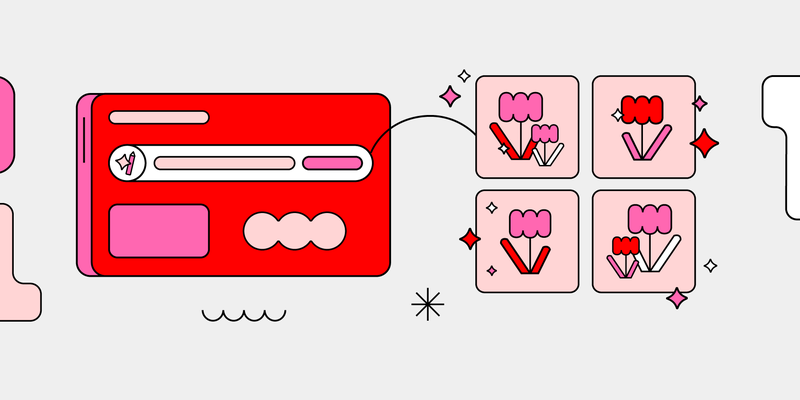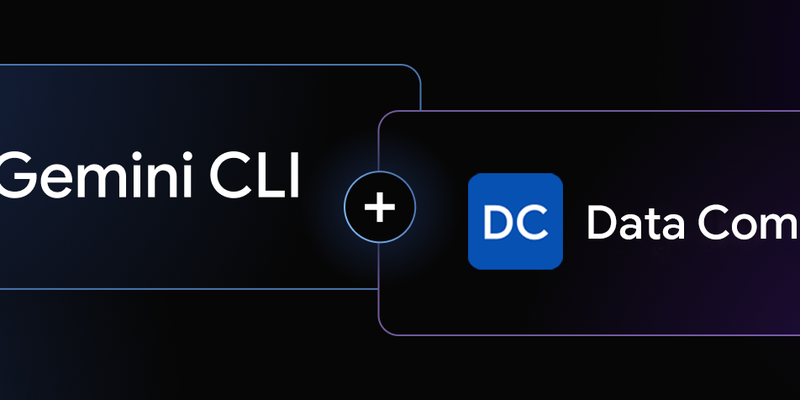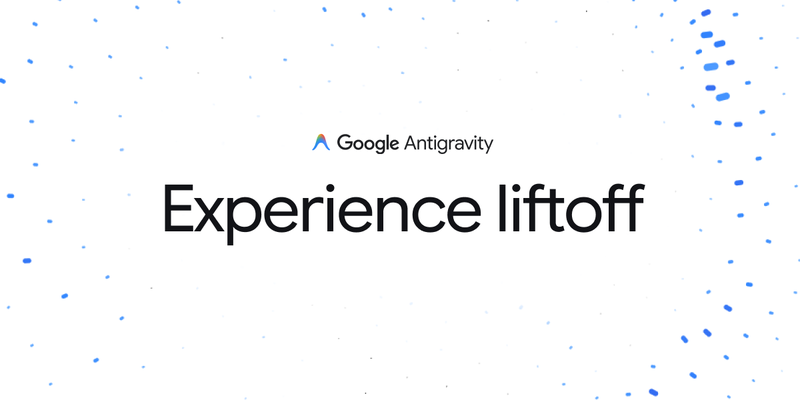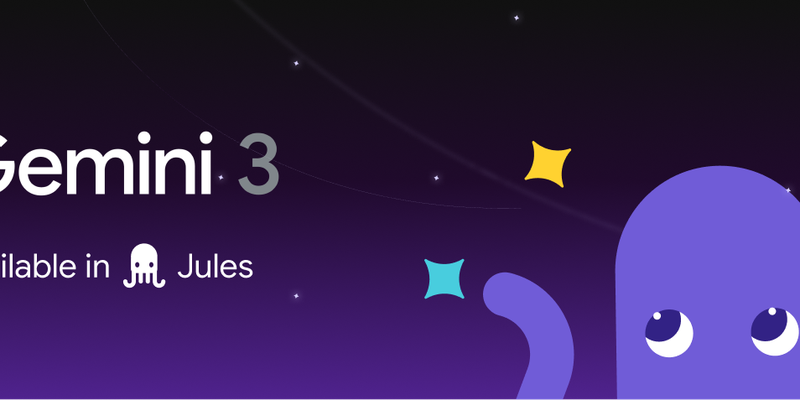438 results
DEC. 17, 2025 / AI
Conductor is a new Gemini CLI extension that promotes context-driven development. It shifts project context from chat logs to persistent Markdown files for formal specs and plans, ensuring AI agents adhere to project goals, style, and tech stack. This structured workflow is great for "brownfield" projects and teams, allowing for safe iteration and consistent code contributions while keeping the human developer in control.

DEC. 16, 2025 / AI
Learn how to build modular and reliable agentic applications using 8 effective multi-agent design patterns with the Agent Development Kit (ADK).

DEC. 15, 2025 / Mobile
A2UI is an open-source project for agent-driven, cross-platform, and generative UI. It provides a secure, declarative data format for agents to compose bespoke interfaces from a trusted component catalog, allowing for native styling and incremental updates. Designed for the multi-agent mesh (A2A), it offers a framework-agnostic solution to safely render remote agent UIs, with integrations in AG UI, Flutter's GenUI SDK, Opal, and Gemini Enterprise.

DEC. 11, 2025 / AI
The new Gemini Interactions API enables stateful, multi-turn AI agent workflows, providing a single interface for raw models and the Gemini Deep Research Agent. It can be integrated with existing ADK systems as a superior inference engine with simplified state management, or used as a transparent remote A2A agent via InteractionsApiTransport, allowing seamless expansion of multi-agent systems with minimal refactoring.

DEC. 10, 2025 / AI
Gemini CLI's new automatic **Session Management** (v0.20.0+) saves your conversation history, tool outputs, and reasoning, providing project-specific context. Resume easily using the **Interactive Session Browser** (`/resume`) or command-line flags (`--resume`). This feature ensures you never lose your work state, capturing prompts, tool execution details, and usage stats. Customize history with cleanup policies in `settings.json`.

DEC. 8, 2025 / Mobile
LiteRT and MediaTek are announcing the new LiteRT NeuroPilot Accelerator. This is a ground-up successor for the TFLite NeuroPilot delegate, bringing seamless deployment experience, state-of-the-art LLM support, and advanced performance to millions of devices worldwide.

DEC. 2, 2025 / AI
The new Data Commons extension for the Gemini CLI makes accessing public data easier. It allows users to ask complex, natural-language questions to query Data Commons' public datasets, grounding LLM responses in authoritative sources to reduce AI hallucinations. Data Commons is an organized library of public data from sources like the UN and World Bank. The extension enables instant data analysis, exploration, and integration with other data-related extensions.

NOV. 24, 2025 / Mobile
LiteRT's new Qualcomm AI Engine Direct (QNN) Accelerator unlocks dedicated NPU power for on-device GenAI on Android. It offers a unified mobile deployment workflow, SOTA performance (up to 100x speedup over CPU), and full model delegation. This enables smooth, real-time AI experiences, with FastVLM-0.5B achieving over 11,000 tokens/sec prefill on Snapdragon 8 Elite Gen 5 NPU.

NOV. 20, 2025 / AI
Introducing Google Antigravity, a new agentic development platform for orchestrating code. It combines an AI-powered Editor View with a Manager Surface to deploy agents that autonomously plan, execute, and verify complex tasks across your editor, terminal, and browser. Agents communicate progress via Artifacts (screenshots, recordings) for easy verification. Available now in public preview.

NOV. 19, 2025 / AI
Jules, an always-on, multi-step software development agent, now features Gemini 3, offering clearer reasoning and better reliability. Recent improvements include parallel CLI runs, a stable API, and safer Git handling. Upcoming features include directory attachment without GitHub and automatic PR creation. Jules aims to reduce software writing overhead so developers can focus on building.
